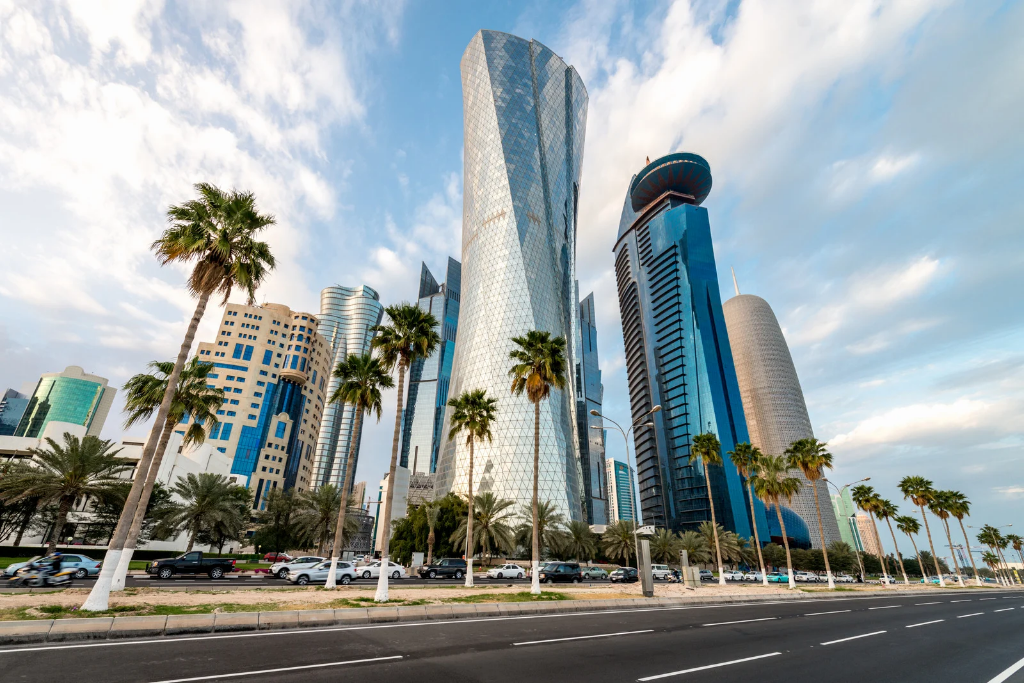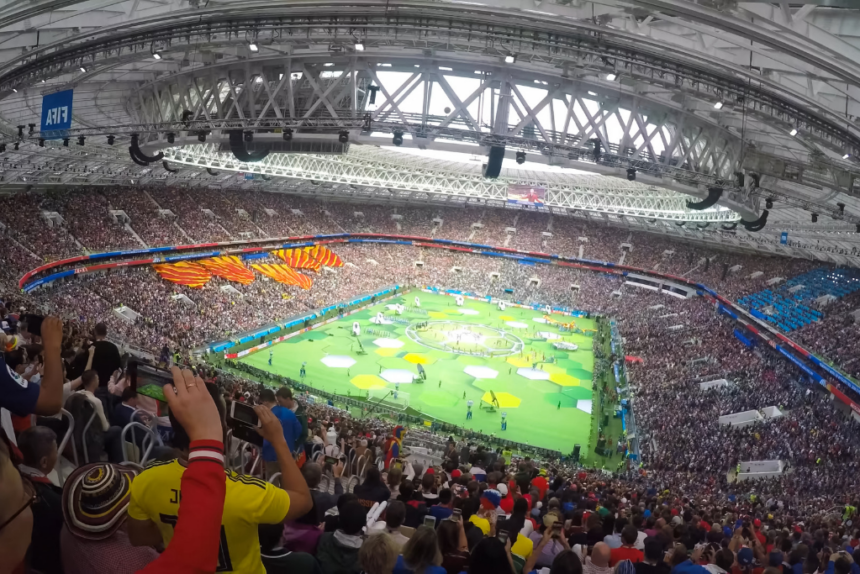At the heart of Gaia, oil-exporting countries such as Saudi Arabia and Qatar play a crucial role in climate change. Through the extraction and export of fossil fuels, these nations fuel global dependence on non-renewable energy, while their environmental and social impact extends far beyond their borders. However, what is most intriguing from an exo-Gaian perspective is how these nations, using their immense accumulated wealth, are buying their influence in the most unexpected corners of Gaia: through mass sports.
Using the wealth generated by a harmful product to launder its image and perpetuate its use is a dynamic with dire consequences
The link between oil and climate change
Oil-exporting countries are responsible for a significant share of global carbon dioxide emissions due to the burning of fossil fuels. Their economies are heavily dependent on this resource, and although many have begun to diversify their investments, oil remains their main financial driver.

Overall Environmental Impact:
- Massive broadcasts:
The emissions from the fossil fuels sold by these countries contribute directly to global warming.
- Lack of real climate engagement:
Although some of these countries have signed international agreements, their actions often contradict promises to transition to clean energy.
From Oil to Sport: Image Washing Through Entertainment
In recent years, countries such as Saudi Arabia and Qatar have used their oil wealth to acquire sports clubs, organise championships and sponsor high-profile events in order to enhance their public image and divert attention from their climate and social responsibilities.

Key examples:
- Sports clubs:
Europe’s iconic football teams, such as Paris Saint-Germain, are owned by Qatari investors.
Saudi Arabia has invested in international events such as the LIV golf tournament and has tried to attract big-name sports stars such as Cristiano Ronaldo to its domestic league.
- Championships and events:
The 2022 World Cup in Qatar put the country in the global spotlight, although it also sparked criticism over environmental and human rights issues.
Saudi Arabia is constantly bidding to host international events, from motor racing to the Olympics.
The strategy behind these investments
Divert the attention:
By associating themselves with mass sports, these nations seek to soften their international image, promoting a narrative of modernisation and progress.
Influencing public opinion:
Sports connect emotionally with millions of people, and this connection is used to foster positive perceptions of the countries involved.
The Impact on Gaia: Beyond Sport
- Distraction of climate responsibilities
While these countries promote sport, their influence contributes to diverting attention from real commitments to mitigate climate change. The paradox is obvious: while they organise sustainable events, they continue to export fossil fuels on a massive scale.
Gaia’s citizens need to be aware of how these image-washing strategies impact global decisions on sustainability.
- Cultural and economic influence
The acquisition of sports clubs and events allows these countries to gain influence in European and American markets, where mass sports are an integral part of the culture.
- Changes in the sport itself
The injection of capital alters the dynamics of traditional sports, creating inequalities between teams and distorting competitions in favour of clubs and events with greater financial backing.
From Ekuria: Reflections on sustainability and ethics
At Ekuria, we learned that environmental and social sustainability are inseparable. The use of wealth to influence public opinion while contributing to climate change raises important ethical questions for Gaia’s inhabitants.

Many of the ethical criticisms of these greenwashing investments are focusing on issues such as human rights or gender equality. But the most relevant point for the future of Gaians is the use and abuse of oil as the main source of energy.
Recommendations for Gaians
- Financial transparency:
Sports bodies and governments must ensure that investments in sports do not mask environmentally damaging practices.
- Encourage renewable energies:
Oil-exporting countries must redirect their resources to clean energy, rather than perpetuating global dependence on fossil fuels.
- Global awareness:
Gaia’s citizens need to be aware of how these image-washing strategies impact global decisions on sustainability.





